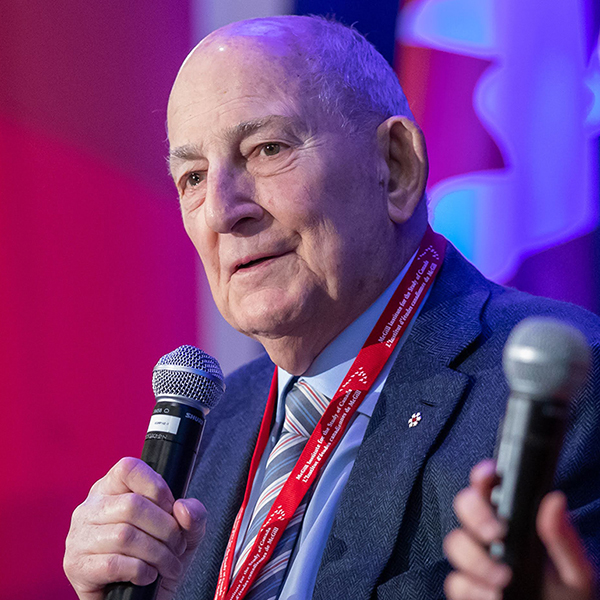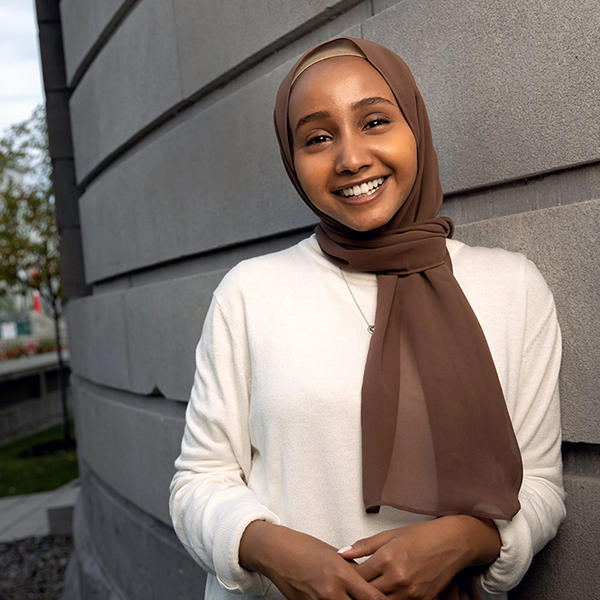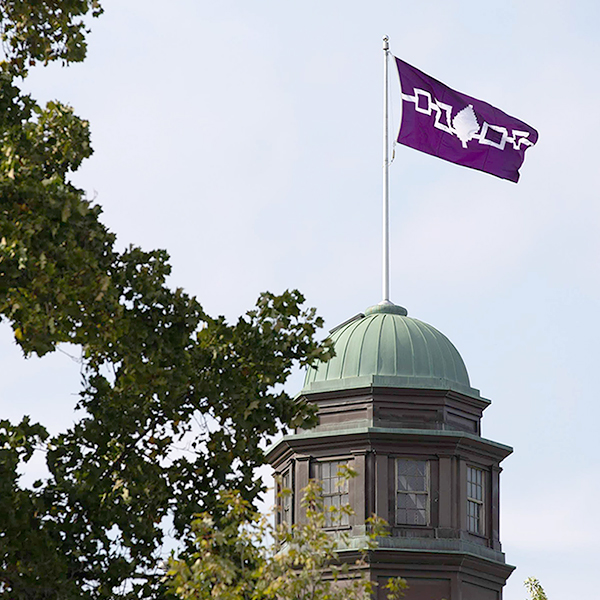McGill has much to celebrate during its upcoming bicentennial. Over the last 200 years, the University has produced Nobel laureates, Olympic medalists, top medical professionals, and world leaders. Its alumni have advanced global progress across nearly every field of endeavour – and it all began with a legacy gift.
A legacy gift is a charitable donation that is arranged during a donor’s lifetime but not available until sometime in the future. The legacy gift that established McGill, for example, was a bequest left in a will.
As a nod to the powerful impact of that first gift, the University has launched the 200 for 200 Legacy Challenge: a fundraising campaign to secure 200 legacy gifts to mark McGill’s 200th anniversary.
“Legacy gifts have the power to transform the McGill experience for students, or help researchers with funding to tackle complex problems,” says Susan Reid, director of McGill Bequests and Planned Gifts. “The 200 for 200 Legacy Challenge will support the University’s most ambitious goals and ensure its students and academic community continue to thrive.”
Leaving a legacy gift can be financially advantageous. Depending on the nature of the gift, donors may benefit from tax deductions, or receive a steady stream of income for themselves or their partner in return.
“One of the misconceptions of legacy giving is that you have to choose between leaving a charitable donation and providing for your loved ones, and that’s not the case,” says Reid. “You can do both.”
Legacy gifts are also an opportunity to make your mark, and fulfill your most meaningful philanthropic goals; a legacy gift is often a donor’s most significant gift.
Donors can back the initiatives that mean the most to them, such as student awards, life-changing research, their faculty or school – or simply make an important contribution supporting McGill’s greatest needs. Gifts can be named after the donor or loved ones, and endowed gifts can live on in perpetuity. “Once donors realize the impact they can have, they get excited about the possibilities,” says Reid.
The majority of legacy gifts left to McGill are bequests. Other options include designating McGill as a beneficiary of retirement plan assets or a new or existing life insurance policy, creating a charitable remainder trust, or establishing charitable gift annuities with the University.
“Anyone considering a legacy gift should consult their own legal, tax, or financial advisors,” says Reid. “But our team at McGill’s Bequests and Planned Gifts office is available to speak with you and your advisors at any time.”
The 200 for 200 Legacy Challenge is already underway, and continues until December 31, 2021.
Want more information?
Contact us. A representative from McGill’s Bequests and Planned Gifts office will get back to you. All enquires are kept strictly confidential.
Have you included McGill in your estate plans?
Please let us know. Completing a simple form helps McGill ensure your estate plans are carried out, and allows us to express our appreciation during your lifetime.


